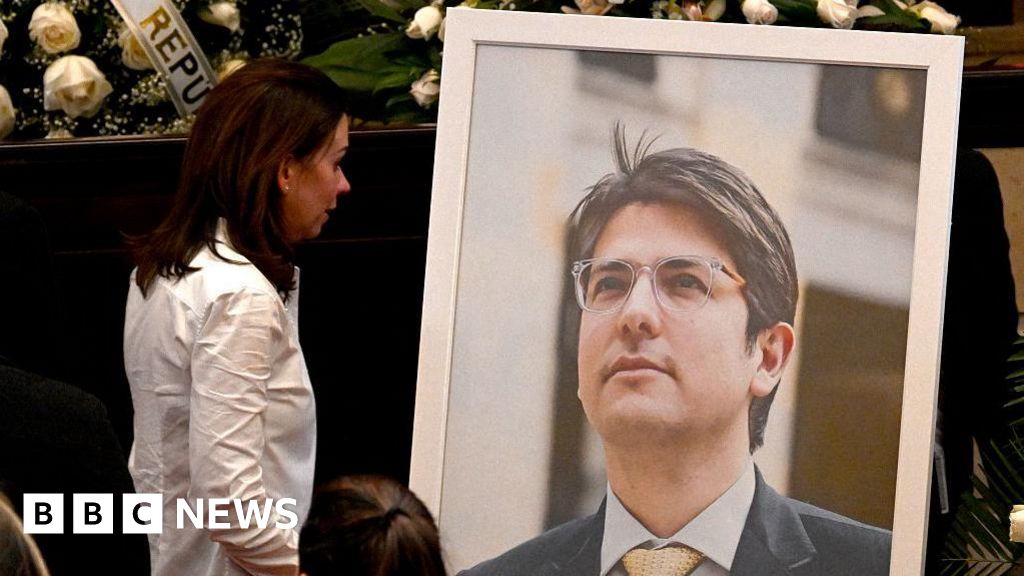The jury's sequestered deliberation marks the conclusion of a trial characterized by emotional testimonies and contested narratives surrounding the events leading to the July lunch.
In July 2023, Erin Patterson hosted a lunch at her regional Victorian home which turned deadly, leading to the illness and eventual deaths of her three guests, Don and Gail Patterson, both 70, and Gail’s sister, Heather Wilkinson, 66. Another guest, Heather's husband Ian, survived after weeks in an induced coma. Erin has pleaded not guilty to three counts of murder and one of attempted murder, insisting any poisonous mushrooms were a mistaken addition to the meal.
During the trial, which lasted nearly two months, the prosecution presented a case of intentional wrongdoing, claiming Erin had prepared the meal using death cap mushrooms after misleading her family about her health condition to convince them to attend. They cited her actions following the incident and her conflicting statements to police as evidence of her guilt. Prosecutor Nanette Rogers SC suggested Erin's multiple lies indicated an underlying motive.
Conversely, the defense argued that the absence of a clear motive for Erin to harm her loved ones weakens the prosecution's case. Defense attorney Colin Mandy asserted that Erin was close to her in-laws and that the listed behavioral inconsistencies should not be misconstrued as guilt. Erin herself disclosed her struggle with bulimia, claiming her illness was the reason she did not suffer as severely as her diners did.
In closing, Justice Christopher Beale highlighted to the jury their sole responsibility in determining the case facts and reminded them that emotional biases should not dictate their verdict. After being sequestered, the jury has now begun their deliberations in search of a consensus. Their decision will mark a critical point in a case that has resonated deeply within the Australian public.
In July 2023, Erin Patterson hosted a lunch at her regional Victorian home which turned deadly, leading to the illness and eventual deaths of her three guests, Don and Gail Patterson, both 70, and Gail’s sister, Heather Wilkinson, 66. Another guest, Heather's husband Ian, survived after weeks in an induced coma. Erin has pleaded not guilty to three counts of murder and one of attempted murder, insisting any poisonous mushrooms were a mistaken addition to the meal.
During the trial, which lasted nearly two months, the prosecution presented a case of intentional wrongdoing, claiming Erin had prepared the meal using death cap mushrooms after misleading her family about her health condition to convince them to attend. They cited her actions following the incident and her conflicting statements to police as evidence of her guilt. Prosecutor Nanette Rogers SC suggested Erin's multiple lies indicated an underlying motive.
Conversely, the defense argued that the absence of a clear motive for Erin to harm her loved ones weakens the prosecution's case. Defense attorney Colin Mandy asserted that Erin was close to her in-laws and that the listed behavioral inconsistencies should not be misconstrued as guilt. Erin herself disclosed her struggle with bulimia, claiming her illness was the reason she did not suffer as severely as her diners did.
In closing, Justice Christopher Beale highlighted to the jury their sole responsibility in determining the case facts and reminded them that emotional biases should not dictate their verdict. After being sequestered, the jury has now begun their deliberations in search of a consensus. Their decision will mark a critical point in a case that has resonated deeply within the Australian public.



















